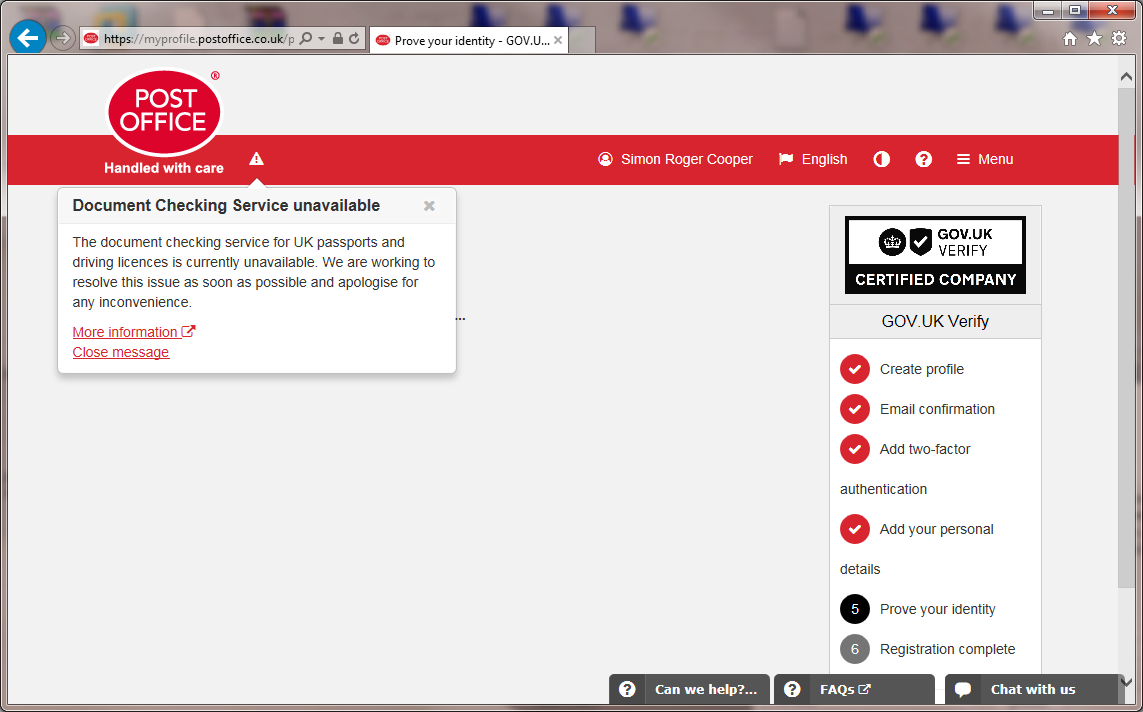ICT, or Information and Communication Technology, refers to the combination of telecommunications (telephone lines and wireless signals), computers, as well as the necessary enterprise software, middleware, storage, and audio-visual systems, that enable users to access, store, transmit, and manipulate information. Its effectiveness is largely determined by the context and objectives for which it is being used.
In education, ICT can enhance learning and teaching when effectively integrated into the curriculum by providing interactive and engaging educational tools and resources. In healthcare, ICT facilitates improved patient data management, telemedicine, and better resource allocation, contributing to more efficient and effective healthcare services. Within business environments, ICT is pivotal for streamlining operations, enhancing communication, and fostering innovation through tools such as cloud computing, data analytics, and automation technologies.
However, the effectiveness of ICT can be hindered by issues such as digital divide, inadequate infrastructure, lack of proper training, and cybersecurity threats. These factors can limit access and the full potential benefits of ICT for certain populations or regions.
To evaluate the effectiveness of ICT, it is crucial to consider its implementation, accessibility, and the specific needs and contexts of its users. When these factors are adequately addressed, ICT can be a powerful tool for growth, education, and organizational efficiency.

No responses yet